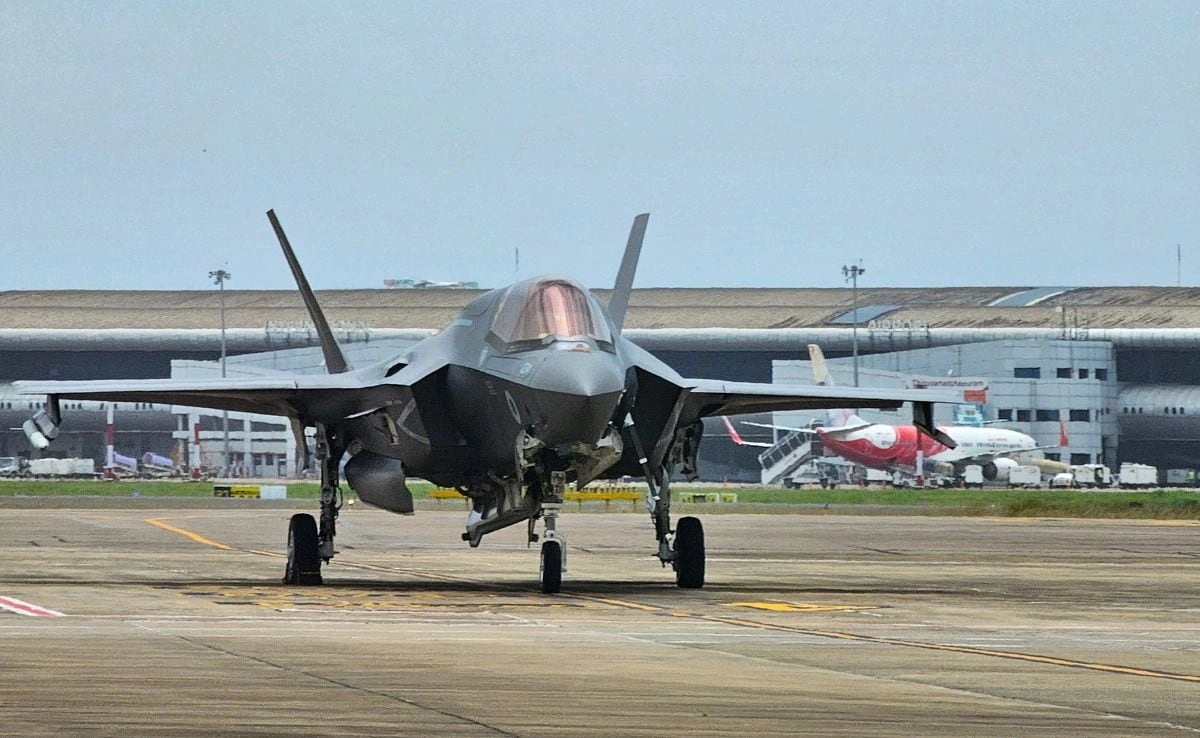As of now, it has been a month since a British F-35 fighter jet has been grounded at a Kerala airport, raising concerns about the implications of this incident for both military operations and international relations. The aircraft, which is part of the advanced F-35 Lightning II program, is renowned for its stealth capabilities and cutting-edge technology. Its unexpected grounding at a civilian airport highlights not only logistical challenges but also the complexities involved in the maintenance and operation of such sophisticated military equipment.
The F-35’s presence in India, albeit temporarily, was meant to strengthen defense ties between the UK and India, showcasing the operational capabilities of the aircraft. However, the ongoing situation has led to a re-evaluation of protocols concerning the deployment and support mechanisms for advanced military assets in foreign territories. Officials are working diligently to resolve the technical issues that have rendered the jet inoperable, emphasizing the importance of quick and effective responses in military aviation.
Moreover, the incident has sparked discussions surrounding the operational readiness of allied forces and the need for robust contingency plans when deploying high-tech military hardware abroad. The implications of this grounding could extend beyond mere logistics; they may also influence strategic partnerships and defense collaborations in the region. As stakeholders monitor the situation closely, it is evident that such incidents can have far-reaching consequences, underscoring the necessity for effective communication and coordination among allied nations in military operations.
In the meantime, the British government has expressed its commitment to resolving the issue and ensuring that the aircraft can be returned to operational status as soon as possible. The situation remains dynamic, and while efforts are underway to address the technical challenges, the grounding of the F-35 serves as a reminder of the intricacies involved in maintaining a modern military fleet. It also reinforces the critical role that logistics and support play in international military cooperation, as nations navigate the complexities of defense partnerships in an increasingly interconnected world.




